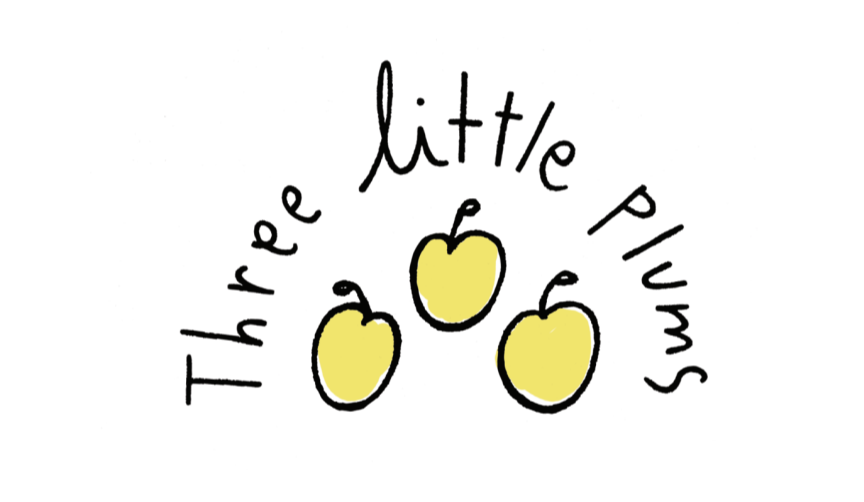Does the Bottle Water You Drink From Contain Plastic Particles? New Study Says Probably

Many of my client's (for non-toxic living home consulting) rely on plastic water bottles for their family's water needs. Some have an in- home (or in office) delivery service, while many other buy single use water bottles in bulk at their local supermarket. This practice is becoming increasingly common around the world. In fact, 1 million plastic water bottles are sold every single minute in the world (that is 20,000 per second!!) . 480 billion were sold in 2016!
The environmental impact of so many single use water bottles is pretty astronomical: Of the 480 billion sold in 2016, less than 50% were collected for recycling. The remaining plastic water bottles will be littering our planet (many in our oceans) for thousands of years to come.
But, what - if any- are the long term health impacts of drinking from plastic water bottles?
1. chemicals can leech from plastic water bottles.
A German study found 78 percent of plastic water bottle tested had high amounts of chemicals called "endocrine disruptor's," (compared with 33 percent of those bottled in glass). Exposing plastic water bottles to heat (think of a box of water bottle sitting in a warehouse or in a truck being transported in summer heat- or inside your own car) can cause plastics to leach endocrine disrupting chemicals.
2. microplastics
A new study out of New York analyzed over 259 plastic water bottles from 19 locations in nine countries around the world- including 11 different brands. The study found that 93% of single use water bottles showed signs of microplastic contamination (an average of 10 plastic particles per litre, each larger than the width of a human hair). Unlike endocrine disrupting chemicals that leach from the plastic water bottle, no one is sure of how these microplastics are getting into the water- researchers suspect perhaps it takes place during the bottling process or even from the plastic caps.
- The brands that were studied, worldwide: Aquafina, Dasani, Evian, Nestle Pure Life, San Pellegrino, Aqua (Indonesia), Bisleri (India), Epura (Mexico), Gerolsteiner (Germany), Minalba (Brazil), Wahaha (China)
- The type of plastics found were :
polypropelene (commonly used in most bottle caps): The plastic most often found is usually considered a 'safer' plastic. PP has a high heat tolerance and as such, does not seem to leach many of the chemicals other plastics do... however newer studies have found that "Most PE/PP-based plastic products were presumably BPA free but nevertheless had readily detectable Estrogenic activity".
polystyrene :
Polystyrene can leach styrene, a suspected carcinogen.
polyethylene:
(PET)
While it is generally considered a “safe” plastic, and does not contain BPA, in the presence of heat it can leach antimony, a toxic metalloid, into food and beverages, which can cause vomiting, diarrhea and stomach ulcers. Some studies have shown up to 100 times the amount of antimony in bottled water than in clean groundwater. The longer the bottle is on the shelf or exposed to heat or sunshine, the more antimony is likely to have leached into the product.
polyester and nylon
What does this mean for us if we drink this water on a daily basis?
The effects of the ingestion of microplastics has, unlike endocrine disrupting chemicals that leach from the water bottle, not really been studied. In fact, following the publication of this latest study, the World Health Organization has said it will launch its own review into the potential risks.
No one wants to drink contaminated water. The idea of drinking bottled water in the first place it to be able to rely on clean pure water. In some parts of the world, plastic water bottles will still be the most reliable source of 'clean' water- however if you live somewhere where you have access to clean chemical free water or have a water filter in your home, opting out of plastic water bottles might be the better option for your long term health.
My gut feeling is that ingesting even tiny amounts of plastics every single day for years can't be good- especially for babies who might rely on this water source for their formula, small children and developing fetuses.
Check out our water filter buying guide if you are looking for help in picking out a water filter.
A great alternative to water on the go : Boxed Water 8.5 ounce 24 Pack (mini), Better than plastic bottled water, Water for kids
I especially like these mini sizes for kids birthday parties and field trips (when schools ask for lunch to be packed in disposable containers.)
Finally, the ideal option for water on the go are reusable water bottles; preferably stainless steel or glass.
Click on my Non-Toxic REusable Water Bottle post for my top recomendations!

